Collisions with Wildlife in British Columbia
No one wants a collision with wildlife, but sometimes, it happens, especially in beautiful British Columbia where we have many highways that may have many different animals lurking around the edges or right in the middle of the roads. While driving in beautiful British Columbia, you might encounter:
- Bears
- Deer
- Moose
- Cattle
- Wild Horses
- Bison
- Mountain Goats
- Bighorn Sheep
- Ram (Not the Dodge variety)
- Elk
- Caribou
- Smaller animals
Watch for Wildlife Road Signs
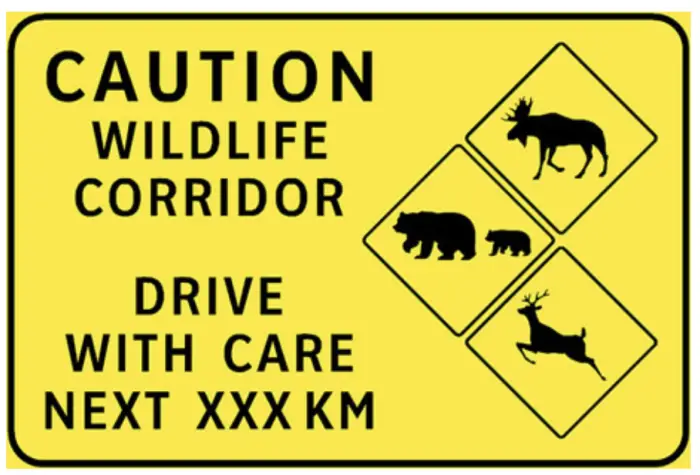
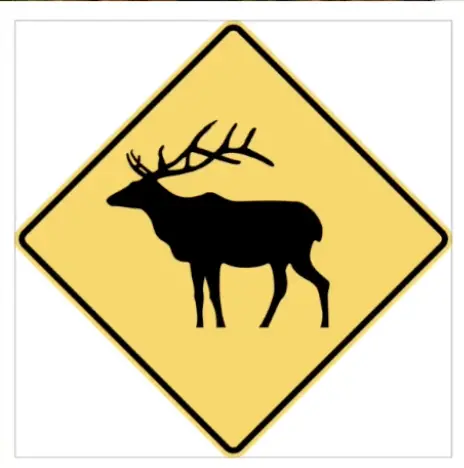
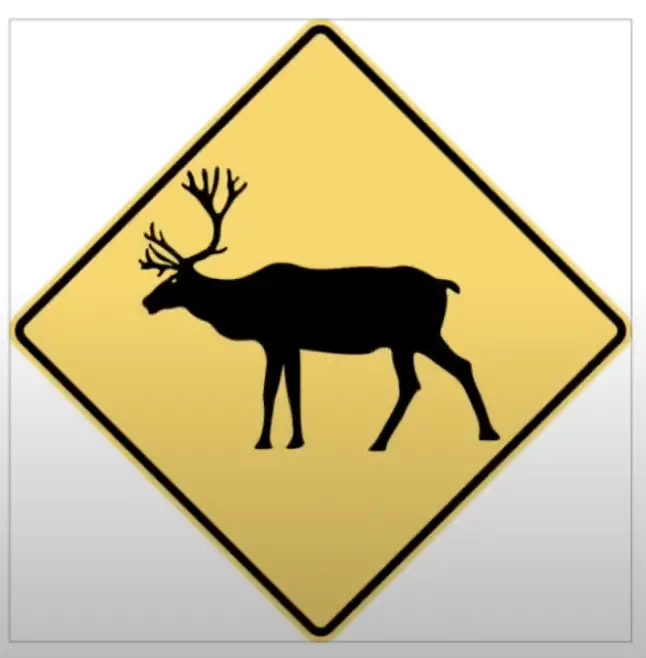
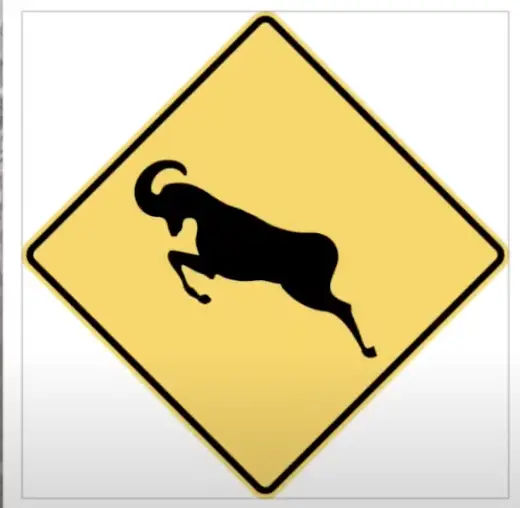
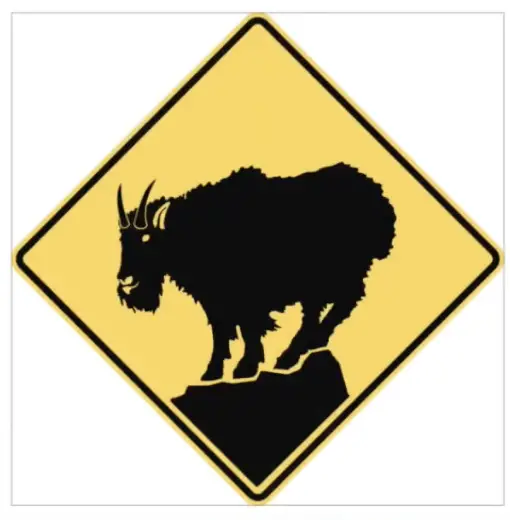
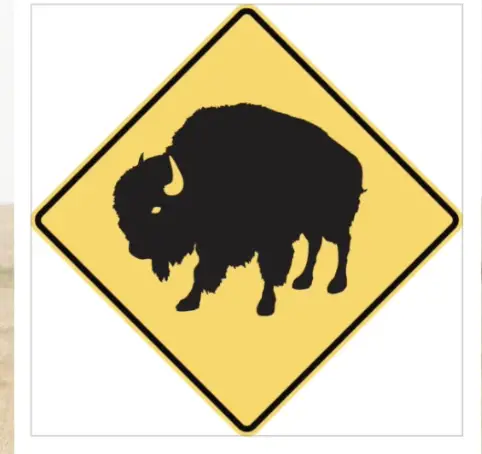
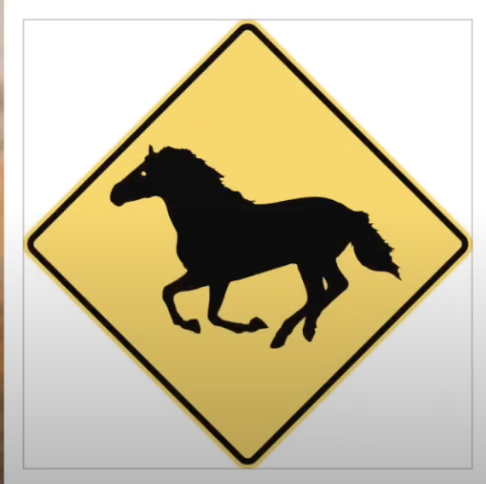
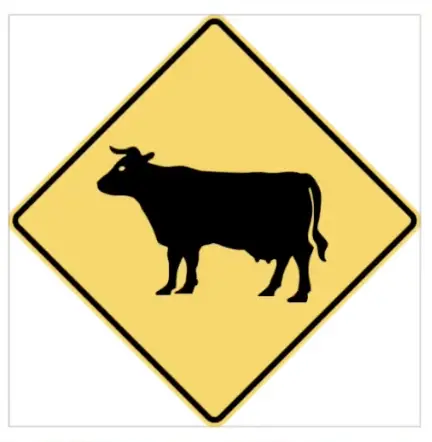
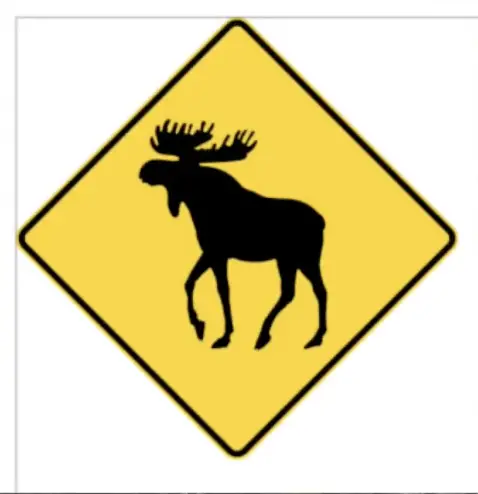
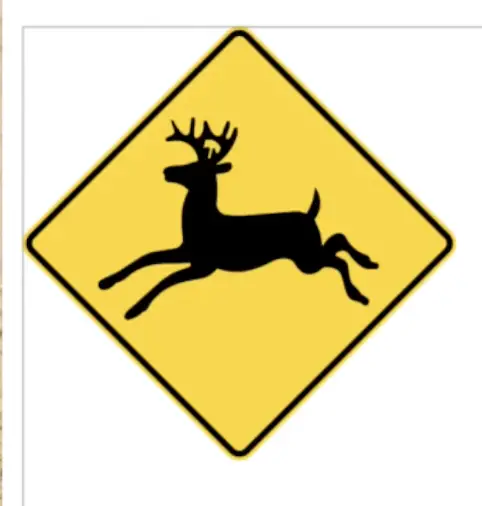
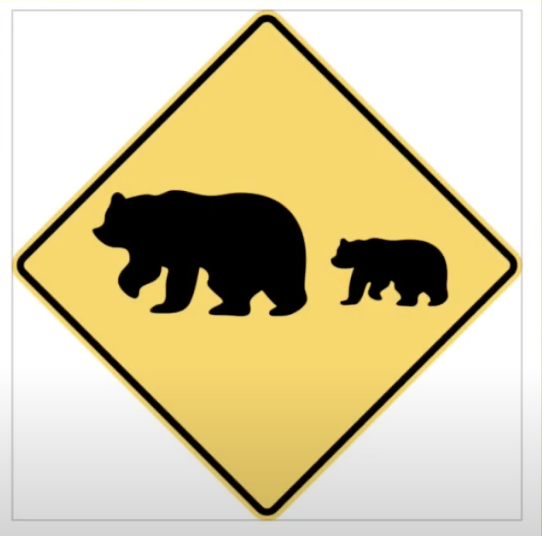
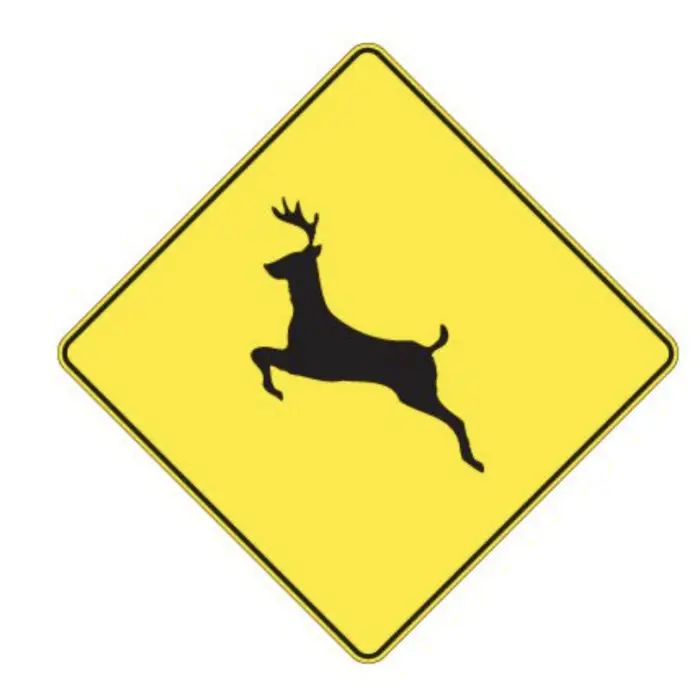
What happens if you hit a deer in BC?
If you hit a deer or another wild animal in British Columbia, or if you see a dead animal on the road, it’s best to call the local police, RCMP, or highway maintenance contractor in the area. Authorities will need to remove the animal carcass from the roadway so it can be safe for road users coming down the road after you.
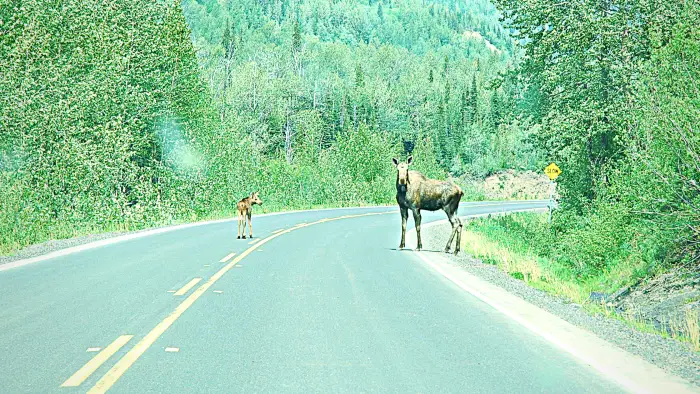
How to Report a Dead Wild Animal on the Road in BC – Based on Your Location
- Private contractors are responsible for maintaining provincial highways year-round
- Each contract is for a specific area and all of the highway maintenance activities within that area
- These contractors are the first point of contact for drivers, including those reporting animal collisions/dead animals on the road
- They are available 24/7, all year
Highway Maintenance Contractors British Columbia
| South Island (Victoria) | 1-866-353-3136 |
| Central Vancouver Island (Nanaimo – Port Alberni) | 1-877-215-6006 |
| North Vancouver Island (Courtenay) | 1-877-215-7122 |
| Howe Sound (West Vancouver) | 1-866-918-1010 |
| Sunshine Coast (Gibsons) | 1-800-665-3135 |
| Lower Mainland (Surrey) | 1-604-271-0337 |
| Fraser Valley (Chilliwack) | 1-800-667-5122 |
| South Okanagan (Penticton – Kelowna) | 1-866-222-4204 |
| Kootenay Boundary (Grand Forks – Rossland) | 1-888-630-1420 |
| Central Kootenay (Nelson – Creston) | 1-888-352-0356 |
| East Kootenay (Cranbrook – Fernie) | 1-800-665-4929 |
| Selkirk (Revelstoke – Golden) | 1-866-353-3136 |
| Okanagan-Shuswap (Salmon Arm – Vernon) | 1-866-222-4204 |
| Nicola (Merritt) | 1-888-899-9854 |
| Thompson (Kamloops) | 1-800-661-2025 |
| South Cariboo (100 Mile House) | 1-800-842-4122 |
| Central Cariboo (Williams Lake) | 1-800-842-4122 |
| North Cariboo (Quesnel) | 1-866-353-3136 |
| Fort George (Prince George) | 1-800-218-8805 |
| Robson (McBride) | 1-833-667-5122 |
| South Peace (Dawson Creek – Pouce Coupe) | 1-800-663-7623 |
| North Peace (Fort St. John) | 1-800-842-4122 |
| Nechako (Vanderhoof) | 1-800-667-6636 |
| Lakes (Burns Lake) | 1-888-255-8055 |
| Bulkley Nass (Smithers) | 1-800-842-4122 |
| Skeena (Terrace) | 1-800-665-5051 |
| North Coast (Prince Rupert & Haida Gwaii) | 1-800-561-5822 |
| Stikine (Dease Lake) | 1-888 255-8055 |
You can also report
- Potholes
- Highway or bridge damage
- Sign damage
- Pavement marking
- Drainage problems
- Road debris
- Electrical problems (overhead signs, street lights, pedestrian lighting, signals)
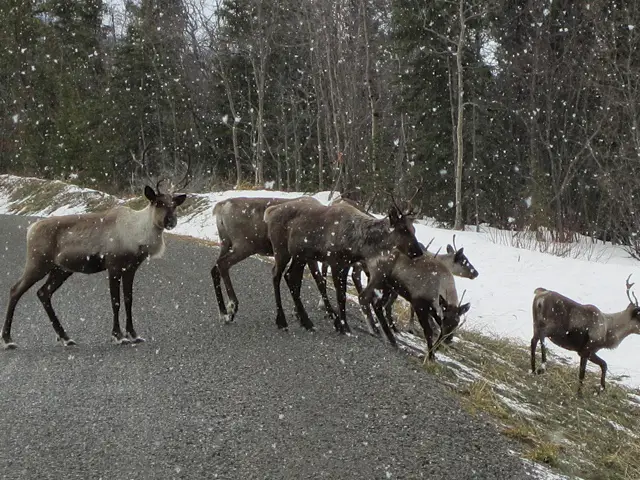
Does ICBC Cover Hitting a Deer?
ICBC Insurance may cover you when you hit a deer in British Columbia if you have purchased their Comprehensive Insurance, which is an optional insurance package. This Comprehensive Insurance will be useful to cover the cost of loss or damage to your vehicle from hitting a deer.
It’s also possible to purchase this option comprehensive coverage from somewhere other than ICBC, such as through BCAA.
Comprehensive covers loss or damage to your vehicle from:
ICBC Comprehensive Coverage
- Theft and vandalism
- Fire, earthquake, explosion
- Falling or flying objects such as a rock or gravel hitting your windshield
- Hitting a domestic or wild animal
- Weather—lightning, windstorm, hail, rising water
How long after an accident can you file a claim ICBC?
You can report your claim to ICBC right away. At the latest, do it no later than six months after the collision.
Tips to Avoid Hitting Wildlife
- Animals are most likely to be on the roadways during night, dawn, and dusk, so be extra careful during those times (or avoid driving during those times altogether)
- Check ahead into ditches for movement
- Animals’ eyes may reflect in your headlights; watch for this
- Deer especially might panic when they see headlights and might freeze; go really slowly until you are well past
- Moose will often run along the road. If it’s safe, pull over or slow down to a very low speed until the animal leaves the roadway
- A lot of animals travel in groups. If you see one on the road, there may be more, so always slow down
- Be extra careful during the summer, when many young animals become more mobile; they may be crossing the roads with their parents to find new homes
If you see bears or other animals on the roadway
If you’re driving in beautiful British Columbia and see bears or other exciting and beautiful animals on the side of the road, it can be tempting to stop and take a look, and/or stop to take a photo. But this is not safe and not good for the bears/animals or people.
The best thing to do is to turn on your flashing hazard lights. This will warn other drivers behind you that they may need to slow down. Slow down and cautiously keep driving through the area. Don’t forget to keep an eye on oncoming traffic and for other people or bears or animals that may be crossing the highway.
Stopping when you see bears/animals is not recommended because:
- Stopped vehicles can fully or partially block travel lanes
- Some sections of the highways have limited visibility
- People walking across or around the side of the highway isn’t safe
- Many highways have narrow shoulders
- It can be difficult for drivers to safely pass through the area
- Bears and other animals could be dangerous to people
- When people feed bears, bears can lose their natural fear of humans. This leads to an increase in human-bear conflicts and vehicle-bear collisions, which can then lead to the animal being euthanized
If you do stop
- Don’t stop randomly on the highway; only stop if there is a safe, designated pull-out area
- Stay in your vehicle. This will keep you safe from both the bear/animal and passing vehicles
- Keep your distance so you do not disturb bears and animals, and leave if bears or animals start to move closer to you
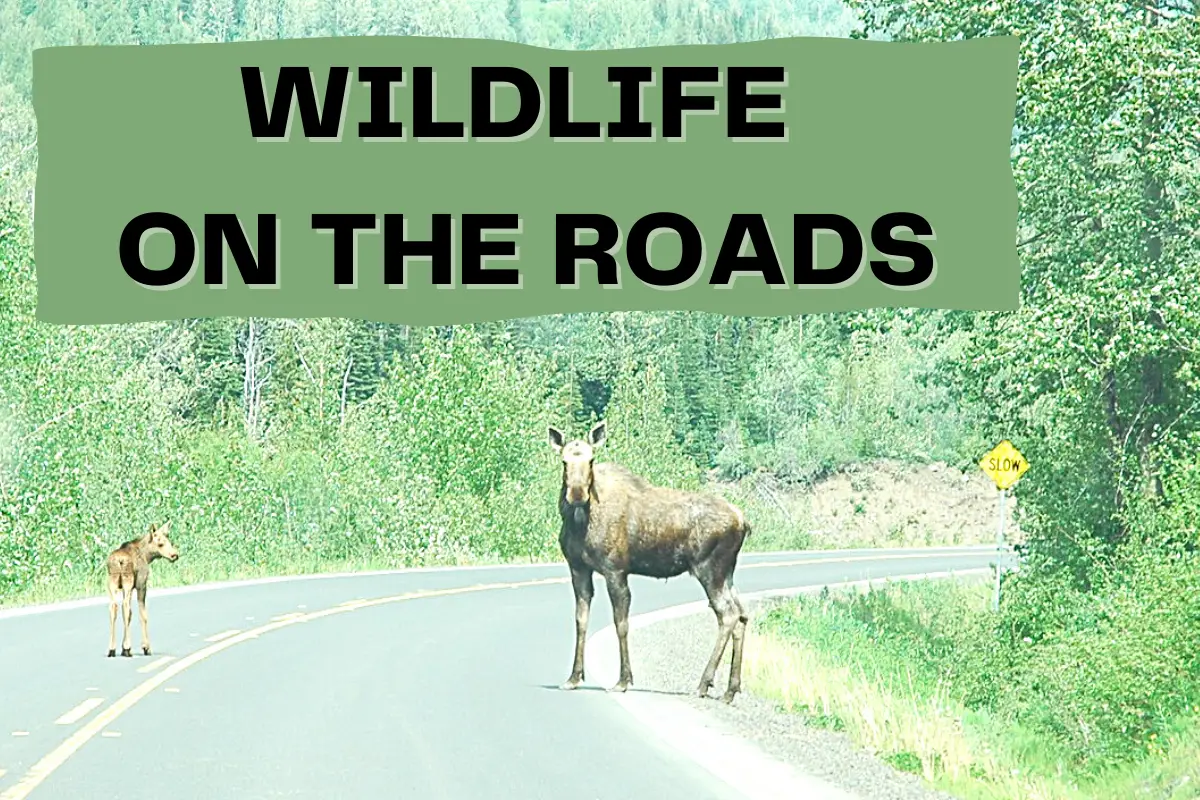
A woman was driving across the white lines in a parking lot not bothering to use the lane that was…